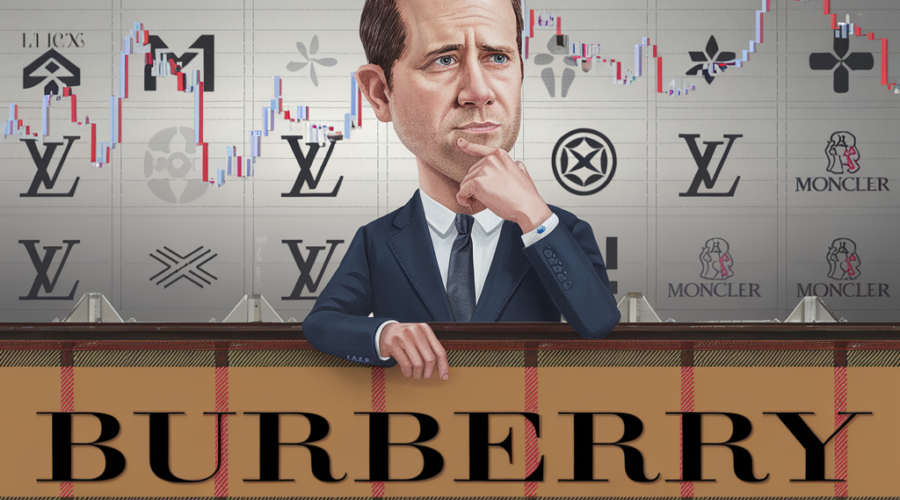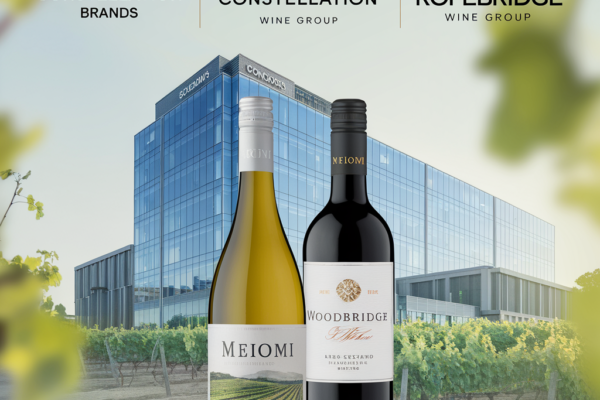- Iconic Brand’s Struggles: Burberry, the iconic British luxury fashion house, faces financial turmoil with a 20% share price plunge, exiting the FTSE 100 index after 15 years due to weak demand and strategic missteps.
- Takeover Rationale: A potential acquisition by a rival luxury conglomerate like LVMH or Moncler could revitalize Burberry’s fortunes by leveraging the acquirer’s expertise in marketing, distribution, and brand enhancement.
- Integration Challenges: However, integrating different brand identities and operational frameworks poses significant risks, as evidenced by historical luxury brand acquisitions like Tiffany & Co. by LVMH in 2020.
- Stakeholder Backlash: A takeover could face backlash from divided shareholders, disrupted employees, and Burberry’s loyal customer base concerned about preserving the brand’s unique cultural heritage.
- Successful Precedents: Past acquisitions like Gucci by Kering in 2001 and Givenchy by LVMH in 1989 demonstrate the potential for revitalizing struggling brands through strategic integration and leveraging acquirer’s strengths.
- Competitive Landscape: Burberry’s position as an independent British luxury brand amidst conglomerates like LVMH and Kering makes it an attractive target, but also presents challenges in adapting to changing market dynamics.
- Mixed Investor Sentiment: While some analysts view Burberry as a potential takeover target due to its current valuation and heritage, others express concerns about its ability to recover and the disruption caused by leadership changes.
- Industry Consolidation: A successful Burberry takeover could set a precedent for further consolidation in the luxury sector, underscoring the need for strategic planning and cultural sensitivity in managing such complex transactions.
- Navigating Volatility: The luxury market’s inherent volatility, influenced by consumer trends and economic cycles, necessitates careful consideration of financial, strategic, and cultural implications in any potential acquisition.
- Future Outlook: As the luxury landscape continues to evolve, CEOs must stay informed about emerging developments and their implications, emphasizing the need for strategic adaptability and informed decision-making in this dynamic industry.
Burberry Takeover: Risks & Rewards in Luxury Fashion’s Shifting Landscape





